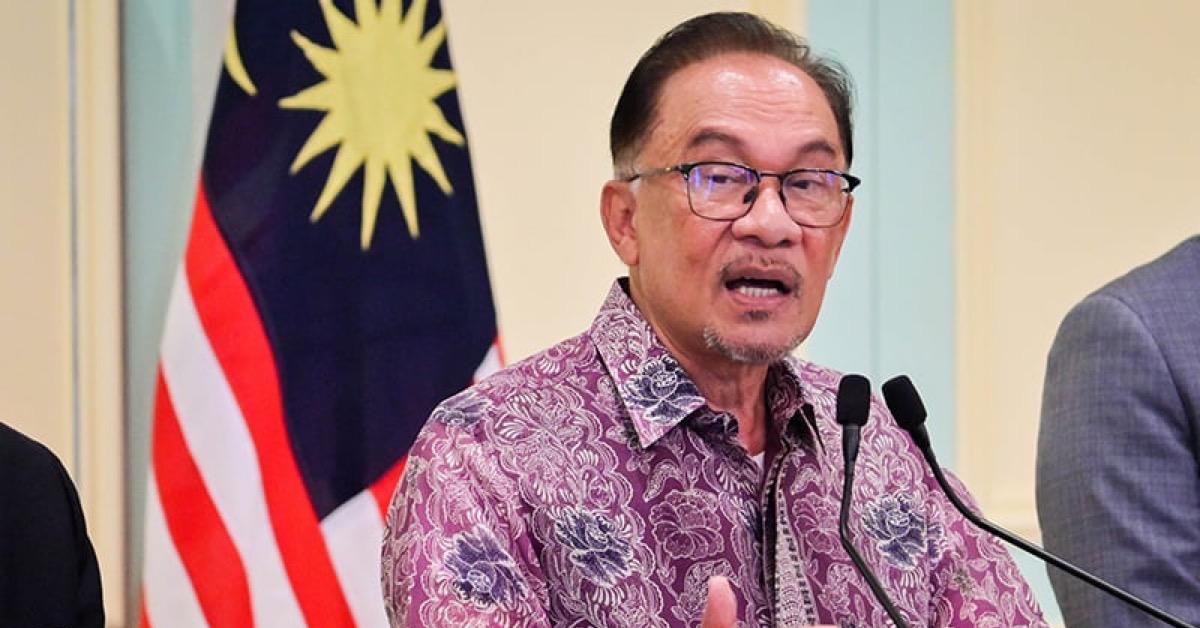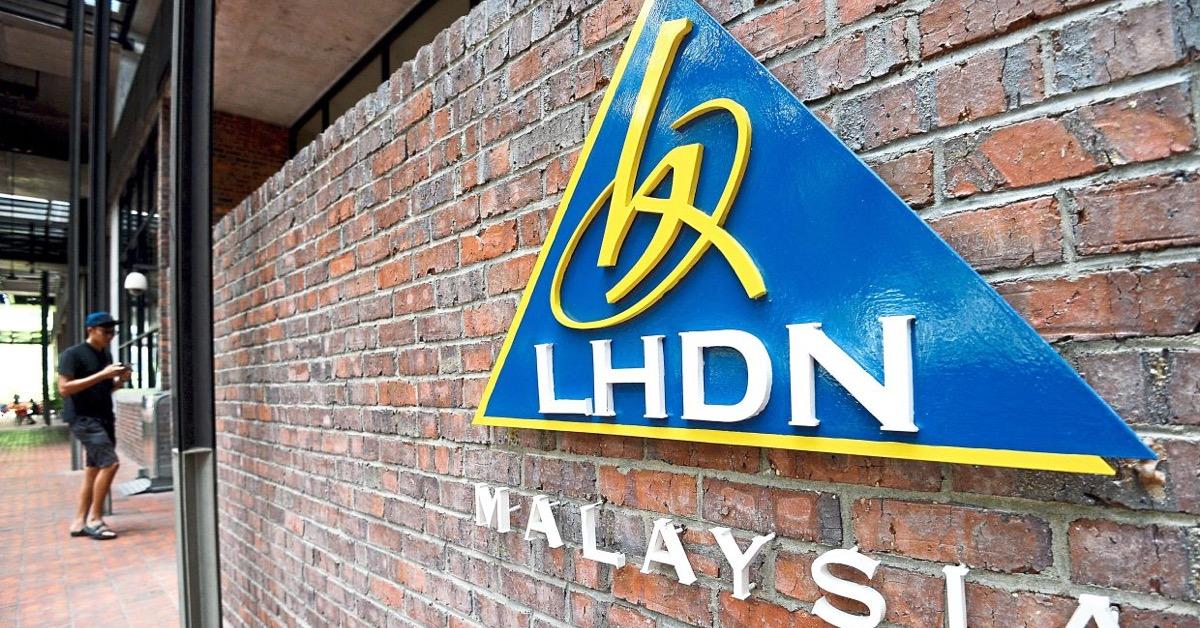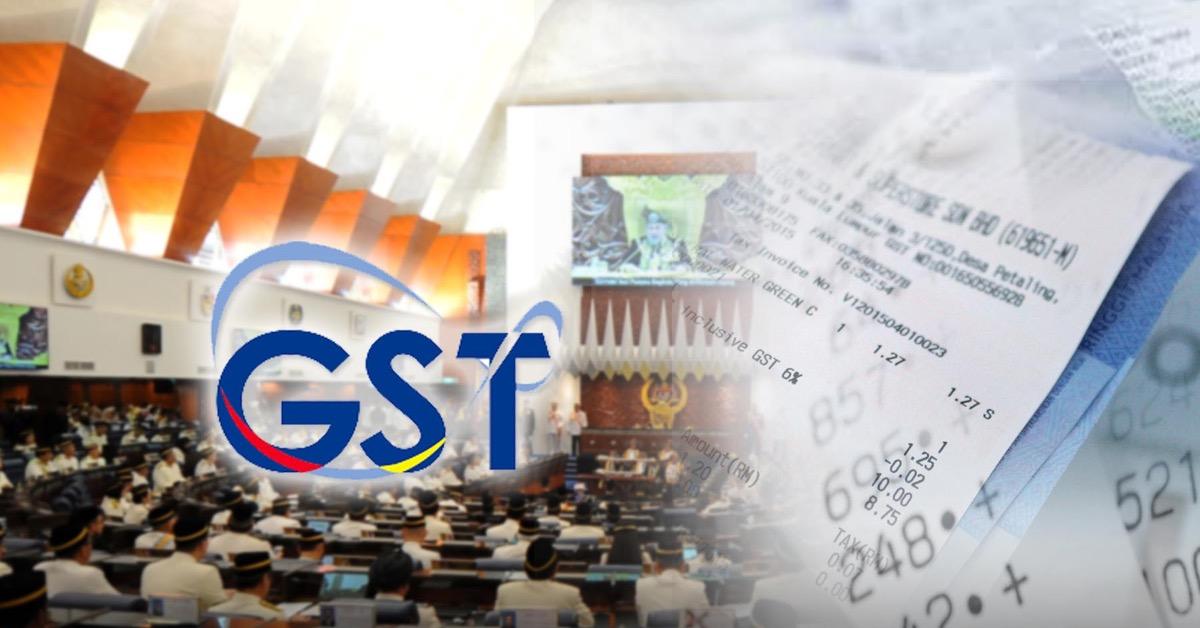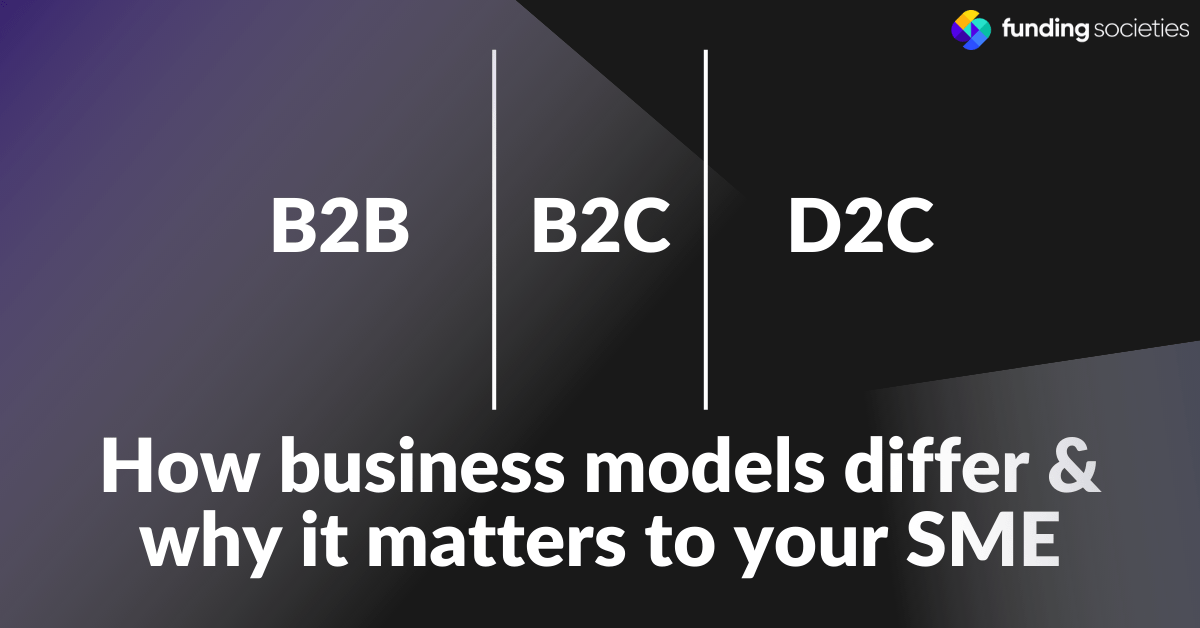For income tax in Malaysia, personal deductions and reliefs can help reduce your chargeable income, and thus your taxes. If planned properly, you can save a significant amount of taxes.
There are personal reliefs that every taxpayer in Malaysia can deduct once their income reaches the chargeable income level. In addition, there are other reliefs that you can deduct from your chargeable income if you had spent money in that category for the year.
The deadline for e-filing your income tax form is on 15 May 2022, but before that, make sure you claim these tax reliefs and possibly get back some money!
Check out the list of tax reliefs for YA 2021 by category:
- Individual
- Individuals and dependents
- Every time you fill in the LHDN e-Filing form, you are automatically eligible for an income tax relief of RM9,000.
- Individuals with disabilities
- People with disabilities who are registered (with written confirmation) with the Department of Social Welfare (JKM) get an additional exemption of RM6,000.
- Individuals and dependents
- Parents
- Medical treatments, special needs and parental care
- If your parents require medical treatments, a carer or special needs or equipment (with documentary evidence or receipts), you are entitled to a maximum of RM8,000 in a tax break. The condition of your parent needs to be certified by a medical practitioner registered with the Malaysian Medical Council (MPM). Do note that only medical expenses incurred by your parents can be claimed in YA 2021. The government has removed the YA 2020 special tax exemption of RM1,500 per (healthy) parent.
- Medical treatments, special needs and parental care
- Basic support equipment
- You can get a relief of up to RM8,000 for the purchase of support equipment such as wheelchairs, prosthetic legs, haemodialysis machines and hearing aids, for your own use or for your spouse, children or parents with disabilities. Requires registration as a person with a disability with the JKM.
- Self-study fees
- You are eligible for relief of up to RM7,000 if you pursue a diploma, a bachelor’s or master’s degree or a doctorate with your own money. The following conditions must be met:
- The programme is conducted by a professional body in Malaysia or a local institution recognised by the Ministry of Higher Education (MOHE) or approved by the Ministry of Finance Malaysia.
- For the fields of Islamic accounting, law and finance, the programme is approved by Bank Negara Malaysia (BNM) or the Securities Commission (SC).
- Fields relating to skills, vocational, scientific, technical, industrial or technology are also eligible for exemption – up to RM1,000 only.
- Critical and incurable diseases and full health checkup
- Individuals or their spouses or children can get a maximum income tax relief of RM6,000 for the treatment of serious or incurable diseases such as Parkinson’s, HIV, cancer and leukaemia, along with fertility treatment.
- You need to ensure that all medical treatment receipts, as well as certificates issued by medical practitioners, are registered with MPM.
- A maximum rebate of RM1,000 for a full medical examination on individuals or their spouses or children at any accredited medical centre registered with the Ministry of Health Malaysia (MOH).
- Lifestyle
- You are eligible for maximum relief of RM3,000 if you have purchased the following items throughout 2021 for yourself or your spouse or children:
- books, journals, magazines, newspapers
- gym memberships, sports equipment (for activities defined under the Sports Development Act 1997)
- monthly internet subscriptions
- An additional RM2,500 for the purchase of personal computers, smartphones and tablets for yourself or your spouse or children.
- SSPN
- Contributors to SSPN can obtain relief on their annual net chargeable income of up to RM8,000 for both SSPN-i and SSPN-i Plus accounts.
- Contributors to the SSPN-i Plus account can also get up to RM11,000 in additional income tax rebate for their Takaful contributions.
- PRS tax relief
- PRS is a voluntary programme that allows you to take full control in boosting your retirement funds. Considering the high rate of household debts in Malaysia, many consumers require assistance in ensuring they have sufficient resources to live the retirement lifestyle they desire, and PRS funds could be an ideal complement to their EPF members’ savings.
- Individuals are granted relief of up to RM3,000 for participating in a PRS, while employers are given a tax deduction on contributions made on behalf of their employees to the PRS beyond the mandatory rate and up to 19% of the employee’s wage. Income received from PRS funds is likewise exempted from taxes.
- EPF
- The EPF i-Saraan initiative will be expanded to cover beneficiaries aged 55 to 60 years old. This project, which is an incentive-based programme aimed at encouraging voluntary contributions by self-employed individuals and those working in the informal sector, was initially limited to EPF members under the age of 55.
- The RM4,000 tax relief presently available solely for mandated contributions to the EPF by workers or self-employed individuals will be extended to voluntary contributors as well. Those who are self-employed in the gig economy, as well as pensionable civil servants, fall under this category.
- The EPF and GoGet Malaysia (a work-on-demand platform) recently inked a memorandum of understanding to equip a community of gig workers for retirement. The integrated and customisable GoGet platform will be the first in Malaysia to have an EPF contribution option.
- Domestic travel expenses
- Malaysians who have stayed at an accommodation registered with the Commissioner of Tourism or paid entrance fee(s) to a tourist attraction can enjoy a tax rebate of up to RM1,000. This only applies to expenses incurred between March 1, 2020 and December 31, 2021.
- Real Property Gains Tax for property owners
- The government has issued a full Real Property Gains Tax (RPGT) exemption for the disposal of property in YA 2021. This means property owners do not have to pay the 5% or higher RPGT when selling their property, on several conditions:
- The owner must be a Malaysian citizen
- For disposal of RESIDENTIAL PROPERTY only
- Property sale must be made between June 1, 2021 to December 31, 2021
- Limited to three residential units only
- The property being disposed of is not acquired by way of transfer between spouses or is a gift between spouses, parent and child, or grandparent and grandchild
- The government has issued a full Real Property Gains Tax (RPGT) exemption for the disposal of property in YA 2021. This means property owners do not have to pay the 5% or higher RPGT when selling their property, on several conditions:
- Capital allowance for business and property owners
- Business owners are allowed to claim deductions on expenditure incurred on certain assets used for business purposes. This is referred to as capital allowance. According to accounting firm KPMG Malaysia, those who bought a property or incurred capital expenditure on plant and machinery that is used for trade or rental business can probably claim capital expenditure.
- Expenses incurred could be for the purchase of assets such as motor vehicles, plant and machinery, office equipment, furniture, and computers. There are conditions for claiming capital allowance. For property, capital allowance claims can be made for the refurbishment, fit-out or repair of rental properties, offices, retail units as well as for leasehold improvements.
- Rental income
- Property owners who rent out their units and receive rental income are required to pay tax as long as the property isn’t being used for any business purposes. Rental income tax applies to both residential and commercial assets as well as some types of transportable property such as machinery and ships.
- There is a significant distinction between rental and business income. Section 4 (d) of the Tax Income Act of 1967 applies to rental income. The letting of real property is also treated as a non-business source if the owner rents out a property, where the tenant enjoys maintenance services or support services that are passively derived (not actively provided by the property owner). An example is when strata property tenants enjoy facilities such as swimming pools and gyms.
- Renting a property for business purposes, however, is subject to Section 4 (a) of the Act since it is regarded as business income. Public Ruling (PR) 12/2018 states that the rental income is a business income if you provide support or maintenance services comprehensively and actively to your property. These services must be provided by the owner himself or through the hiring of a manager for the services.
- In Malaysia, rental income is taxed at a progressive rate of 0%-30%. Rental income is calculated on a net basis, which means the final rental earnings amount is derived after deducting the permitted incurred expenses.
- According to the Inland Revenue Board (IRB), expenses that can be deducted from rental income include:
- Assessment tax
- Land tax
- Housing loan interest
- Fire insurance payments
- Recurring expenses in rent collection
- Expense incurred in tenancy renewal or change
- Property supervision and repair expenses
- Maintenance fee
- The following are considered ‘advance expenses’ and are not tax-deductible:
- The cost of advertising real estate
- Legal costs of preparing rental agreements
- Stamp duty
- Real estate agent commissions
- Special rental income tax exemption for YA 2021
- In September 2021, the government gazetted a Special Income Tax Deduction for Reduction of Rental to a Tenant other than a Small and Medium Enterprise (Rules 2021 [P.U.(A) 354/2021]), where a special deduction will be given to property owners who provide at least 30% rental discounts to tenants (for each qualifying month).
- However, this special deduction will only be applicable for three months from April 1, 2021 to June 30, 2021.
- To qualify for the deduction, landlords must retain:
- The tenancy agreements, stamped under the Stamp Act 1949
- A separate statement of income in relation to the reduced rental income for the qualifying months
- Confirmations from both parties on the offer and acceptance of the reduced rental amount
- Income tax relief for gig economy workers
- More people are participating in the gig economy because they seek greater flexibility in their employment. The gig economy has also provided job opportunities for many who have been afflicted by the COVID-19 pandemic.
- Many have become Grab drivers, worked as food delivery persons and joined internet enterprises. So, is it mandatory for individuals who work these part-time jobs to record their YA 2021 earnings?
- It depends on the frequency of the part-time work. They can use the BE form to record their incomes under the “other income” column if the jobs are only done once or twice.
- If the part-time job is done on a regular basis like every month, it is more of a business model and this income must be declared using Form B (Individual with Business Income).
- Product purchases for running businesses and goods delivery charges (such as for online businesses) are eligible for tax exemption in form B. Ultimately, for income tax purposes, every revenue-generating activity, including employment in the gig economy, must be reported to the IRB.
If you have questions in filing your tax, feel free to drop us a line at info@adrianyeo.com, our tax team will be able to address to your questions.











